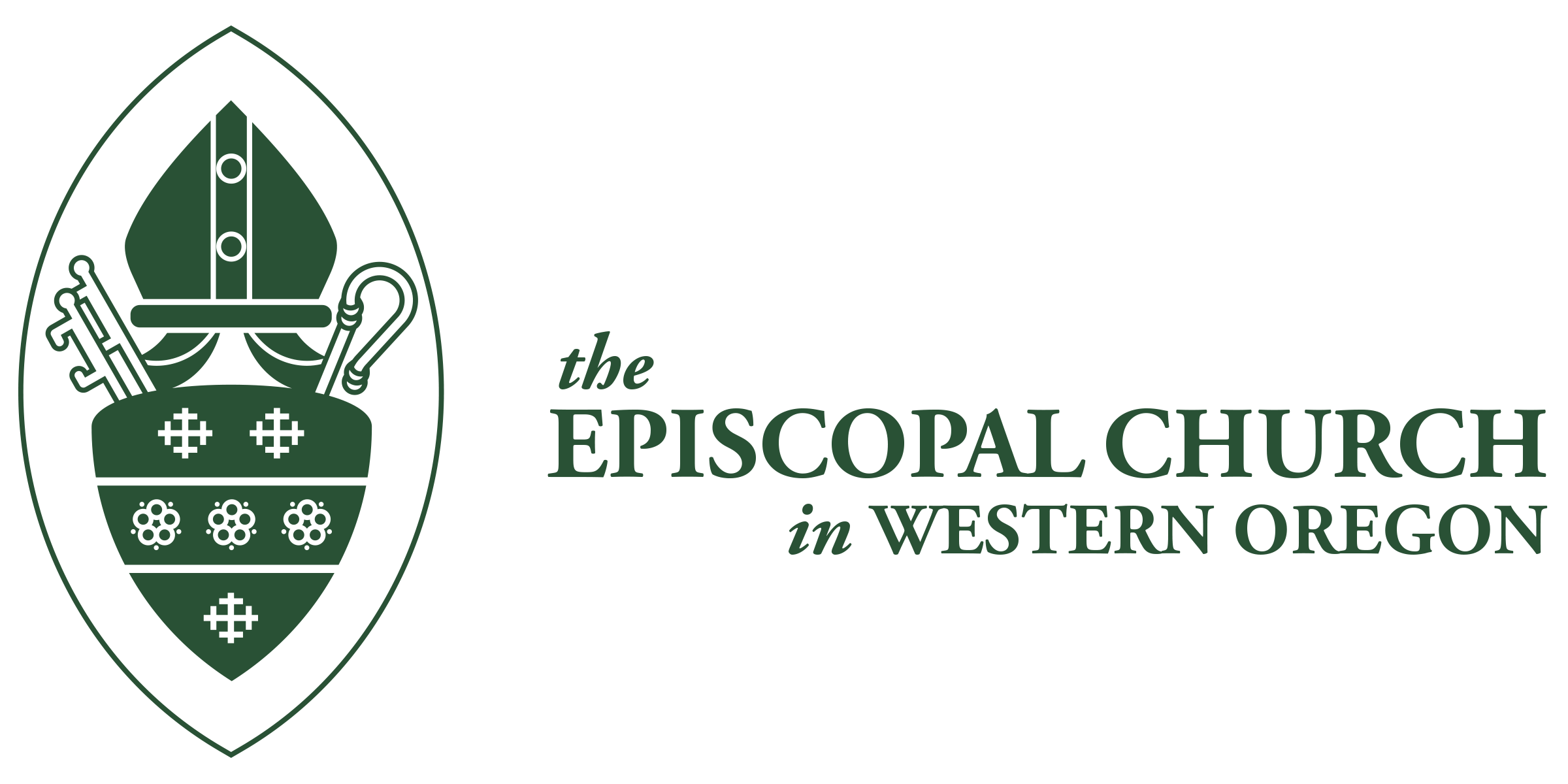Dr. Martin Luther King, Jr. has been dead for 57 years now and most of us honor his legacy on the third Monday of January each year. What exactly is the legacy that we honor and acknowledge? Most people know Dr. King for his most famous “I have a dream” speech. Reducing him to this one speech shortchanges him because he had much more to say to us, and his legacy is much greater than that one speech. Don’t misunderstand what I’m saying: it’s an amazing speech, but Dr. King had more to say to us about how we live together as “The Beloved Community.”
During his lifetime, Dr. King spoke eloquently about the promise of America as expressed in our founding documents, the Declaration of Independence and the Bill of Rights of the Constitution. Dr King believed fiercely that the promises in those documents were made to all the people of the United States, not just white Americans or men. In his Letter from a Birmingham Jail, written on April 16, 1963, Dr. King wrote, “We will reach the goal of freedom in Birmingham and all over the nation, because the goal of America is freedom. Abused and scorned though we may be, our destiny is tied up with the destiny of America. Before the Pilgrims landed at Plymouth, we were here. Before the pen of Jefferson scratched across the pages of history the majestic words of the Declaration of Independence, we were here.”
Fast forward to 2025, and I wonder if “We the People” still believe in the promises of our founding documents. I believe Dr. King’s legacy is his strong and abiding belief that the promises made apply to all Americans, no matter their ethnicity, country of origin, religion, language spoken, or any other artificial distinctions we choose to make. And that those promises must be kept if America is to reach its potential, to meet its destiny. Our recent history suggests to me that some of us question whether it’s true, whether we are all included in the promises. The browner we get, the more shrinkage I see in the inclusion of all the People in “We the People.” For us these must not be just aspirational promises!
Dr. King believed, as I do, that our lives are infinitely tied together; we all swim together or we all sink together. We are living in perilous times with many of our siblings experiencing grave disruptions to their lives and families. How do we the Church respond to what has happened and what will happen?
Martin Luther King Jr. believed that the church should be a moral leader and guide for the state, and that it should not be a tool of the state. He believed that the church should condemn racial segregation and discrimination, not shy away from being a critic of the state.
Below are some quotes from Dr. King on how he saw the role of the church:
“The church must be reminded that it is not the master or the servant of the state, but rather the conscience of the state.”
“The church must be the guide and the critic of the state, and never its tool.”
“If the church does not recapture its prophetic zeal, it will become an irrelevant social club without moral or spiritual authority.”
I have watched and listened to the reaction (or overreaction) to Bishop Marianne Edgar Budde’s sermon at the Inaugural Prayer Service at Washington National Cathedral on January 21st in which she asked the president to show mercy to the most vulnerable of us, immigrants, LGBTQAI, transgendered, regardless of whether they are citizens or not. “Blessed are the merciful, for they shall receive mercy” (Matthew 5:7)
The president’s response posted on Truth Social, “The so-called Bishop who spoke at the National Prayer Service on Tuesday morning was a Radical Left hard line Trump hater. She brought her church into the World of politics in a very ungracious way,” Trump wrote, adding that her service was “uninspiring,” “nasty in tone, and “not compelling or smart.” He continued, “She is not very good at her job! She and her church owe the public an apology!”
At this moment, Dr. King’s call for us to acknowledge our connection, our kinship, and our sisterhood and brotherhood is deafening. Now, more than ever, we need to be more than just hearers of Dr. Martin Luther King, Jr’s word. It is also our call from Jesus and our Baptismal Covenant. Jesus invites us to live and think differently. I believe this call is not a matter of will or intellect but a matter of the heart.
Will the Lord be pleased with thousands of rams, with ten thousands of rivers of oil? Shall I give my firstborn for my transgression, the fruit of my body for the sin of my soul?” He has told you, O mortal, what is good, and what does the Lord require of you but to do justice and to love kindness and to walk humbly with your God? (Micah 6:7-8)
I pray that we will have the faith and courage to act when we get the call at midnight.
